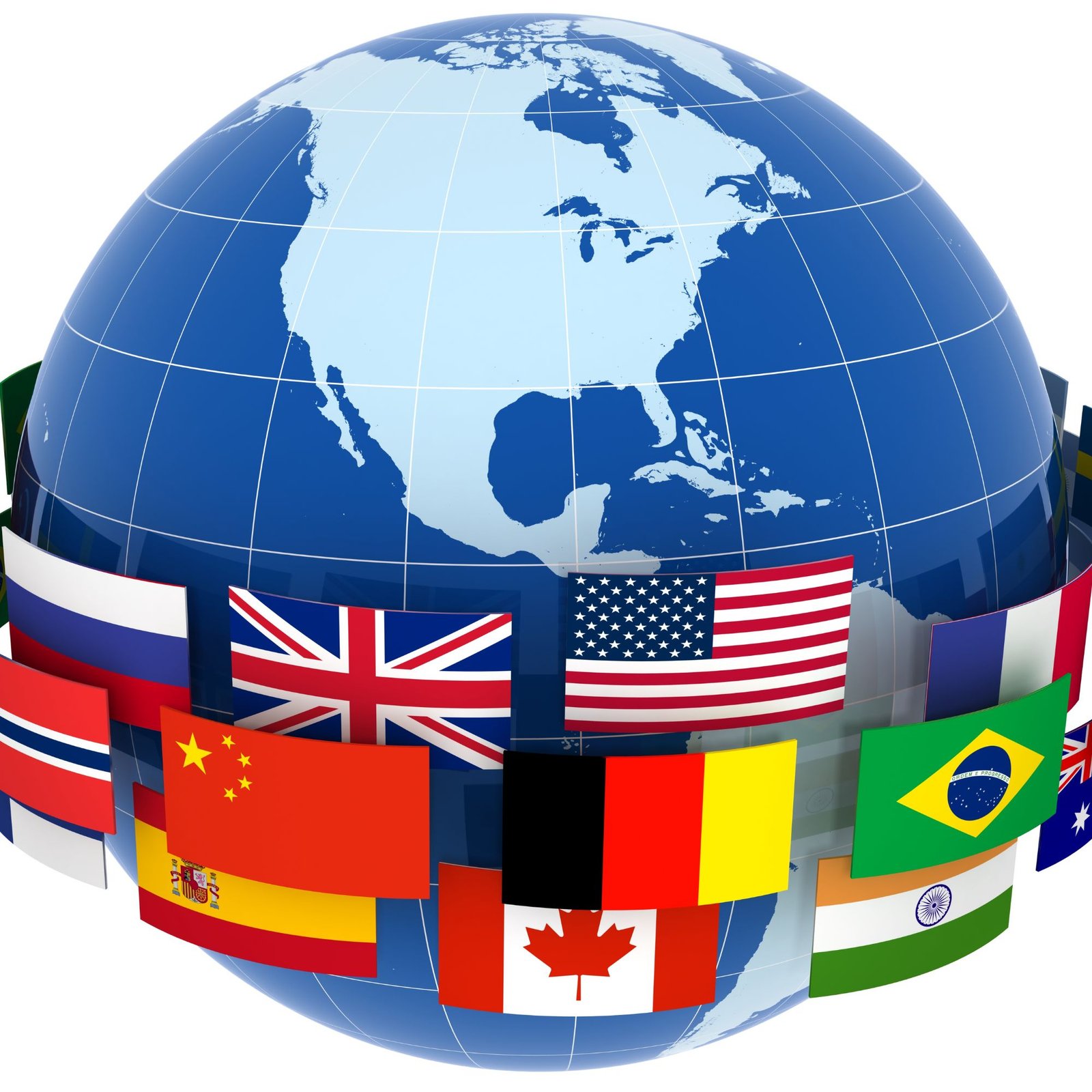
The re-election of Donald Trump as President of the United States has elicited a wide array of reactions from the international community. Allies and adversaries alike are assessing the potential shifts in U.S. foreign policy and their implications on global stability. This article delves into the diverse perspectives from various regions, examining the concerns and anticipations that have emerged in response to Trump’s return to the White House.
Table of Contents
- European Allies: Navigating Uncertainty
- Russia and China: Strategic Calculations
- Middle East: Anticipating Policy Shifts
- Asia-Pacific: Balancing Act
- Latin America: Economic and Political Implications
- Africa: Development and Security Concerns
- Global Economic Outlook: Markets and Trade
- Conclusion: The Road Ahead
1. European Allies: Navigating Uncertainty
European nations, particularly those in the European Union (EU), are approaching Trump’s re-election with caution. Concerns center around the future of NATO, trade agreements, and climate policies.
Key Concerns:
- NATO Commitment: European leaders are apprehensive about the U.S.’s continued commitment to NATO, given Trump’s previous criticisms of the alliance. The Atlantic
- Trade Relations: Potential renegotiations of trade deals could impact economies on both sides of the Atlantic.
- Climate Change Policies: The EU is uncertain about the U.S.’s stance on international climate agreements under Trump’s leadership.
Expert Opinion:
“Europe must prepare for a more transactional relationship with the U.S., focusing on strategic autonomy,” says Dr. Maria Schmidt, a political analyst specializing in transatlantic relations.
2. Russia and China: Strategic Calculations
Both Russia and China are closely monitoring the developments in Washington, D.C., evaluating how Trump’s policies might influence their strategic interests.
Russia:
The Kremlin anticipates potential easing of sanctions and a more favorable stance on issues like Ukraine. However, unpredictability in U.S. foreign policy remains a concern.
China:
Beijing is wary of intensified trade wars and technological restrictions. The prospect of increased tariffs could strain the already delicate economic relations between the two superpowers.
Case Study:
During Trump’s first term, the U.S.-China trade war led to significant economic repercussions globally, affecting supply chains and market stability.
3. Middle East: Anticipating Policy Shifts
Middle Eastern countries are preparing for possible changes in U.S. foreign policy that could affect regional dynamics.
Israel:
The Israeli government expects continued support, particularly concerning security and diplomatic initiatives.
Iran:
Tehran is concerned about the potential for increased sanctions and a hardline approach from Washington.
Saudi Arabia:
Riyadh anticipates sustained military cooperation but remains cautious about U.S. involvement in regional conflicts.
Statistics:
According to a 2023 survey by the Middle East Institute, 65% of respondents in the region believe U.S. policy significantly impacts their country’s stability.
4. Asia-Pacific: Balancing Act
Countries in the Asia-Pacific region are striving to balance their relations with the U.S. amid concerns over security and economic policies.
Japan and South Korea:
Both nations are seeking reassurances regarding U.S. military presence and commitments to counter regional threats.
Australia:
Canberra is evaluating its strategic partnerships, considering the implications of U.S. policies on regional security.
India:
New Delhi is looking to strengthen ties with the U.S. while maintaining its strategic autonomy.
Expert Opinion:
“The Asia-Pacific region must navigate a complex web of alliances and rivalries, with U.S. policy playing a pivotal role,” notes Professor Li Wei, an expert in international relations.


5. Latin America: Economic and Political Implications
Latin American countries are assessing how Trump’s re-election might influence trade, immigration, and diplomatic relations.
Mexico:
Concerns revolve around immigration policies and potential economic repercussions from changes in trade agreements.
Brazil:
Brasília is interested in strengthening economic ties but remains cautious about U.S. protectionist tendencies.
Venezuela:
Caracas is wary of continued sanctions and diplomatic isolation under the Trump administration.
Statistics:
The World Bank reports that U.S.-Latin America trade accounted for approximately $1.2 trillion in 2022, highlighting the significance of these economic relationships.
6. Africa: Development and Security Concerns
African nations are evaluating the potential impact of U.S. policies on development aid, trade, and security cooperation.
Development Aid:
There is uncertainty about the continuity of U.S. assistance programs aimed at health, education, and infrastructure.
Trade Relations:
Countries are concerned about potential changes to trade agreements that could affect market access.
Security Cooperation:
Nations involved in counterterrorism efforts are seeking clarity on future U.S. support.
Case Study:
The African Growth and Opportunity Act (AGOA) has been instrumental in enhancing trade between the U.S. and Africa. Any alterations to this agreement could have significant economic implications.
Stay informed and mentally balanced with carnivoredaddy.com’s curated world news feed.
In the Spotlight

Carnivore Cure is the first elimination protocol to explain how to adopt a meat-based diet to bring about healing.
READ MORE
